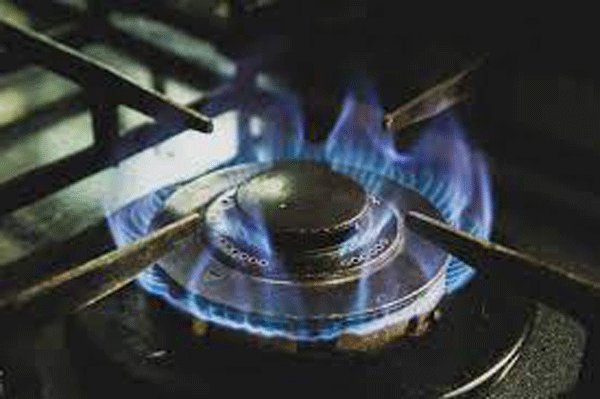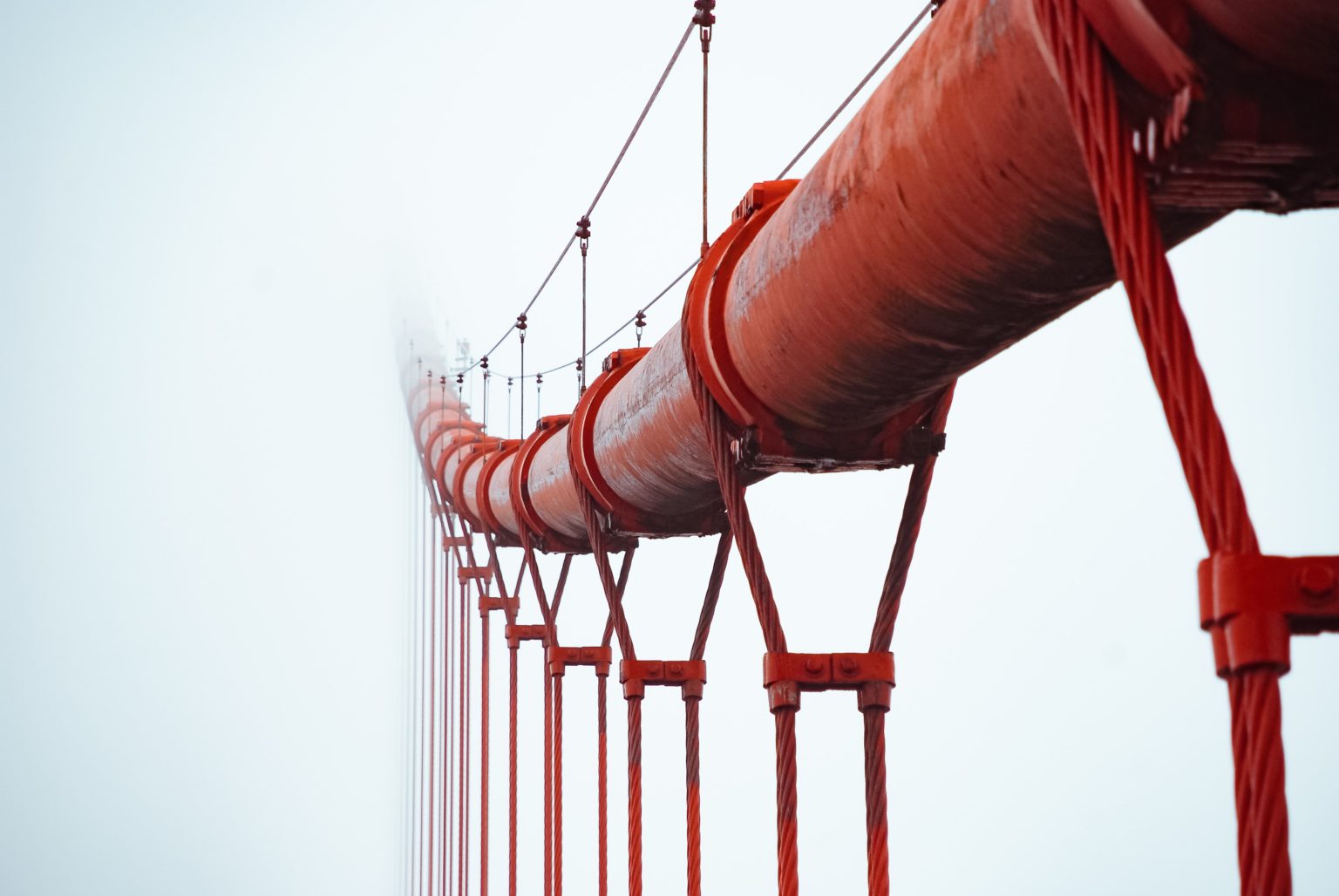
By John Engel
While the world waits for cost-effective and scalable long-duration energy storage to support the around-the-clock deployment of power generated by renewable sources, fossil fuels will continue to play a significant role in the energy mix to provide reliability to the grid and industries.
Seemingly counter-intuitive on the surface, investments in the infrastructure that transports dirty fuels could contribute to the path to net-zero.
A study by the Centre on Global Energy Policy at Columbia University advocated for investments in the US natural gas pipeline system to support the eventual shift from natural gas to cleaner, low-to-no carbon fuels.
Not for several more decades will zero-carbon fuels be ready to replace natural gas as the backbone of the energy mix, the authors wrote, and pipeline upgrades can support the transportation of hydrogen and biogas.
“For a long time, the world will still need oil and gas to make things go around. It still needs the existing part of the energy system along with the new,” Maarten Wetselaar, director of integrated gas, renewables, and energy solutions for Royal Dutch Shell, said during a Columbia University webinar.
“Advanced biofuels and hydrogen will play crucial roles in those sectors in the future. But they’re not sufficiently available yet. It will take time to scale up production to be a meaningful part of the energy base.”
In the US, 95% of hydrogen is produced using natural gas, according to the Dept of Energy. So-called “blue hydrogen” incorporates carbon capture and storage, though recent studies suggest the practice could produce even more carbon emissions in heat generation than using natural gas alone.
- Chamisa under fire over US$120K donation
- Mavhunga puts DeMbare into Chibuku quarterfinals
- Pension funds bet on Cabora Bassa oilfields
- Councils defy govt fire tender directive
Keep Reading
Long-term, hydrogen produced using clean-powered electrolyzers can serve as a backbone fuel, but the volume of green hydrogen produced worldwide is still very small due to a lack of infrastructure and clean power needed for production.
Wetselaar of Royal Dutch Shell said near-term investments in natural gas infrastructure would set the stage for the adoption of widely available green hydrogen years down the road, encouraging governments and industries to get on board now.
“Continued investment in infrastructure for both renewables and natural gas are not just appropriate, they’re necessary,” he said. “It will require government policies that create the right climate for investors and help steer society toward low-carbon energy.”
One day, advocates of green hydrogen say it can replace natural gas and oil as the backbone of the world’s energy system.
The Biden administration, to its part, is prioritising research of carbon capture and green hydrogen production to fuel industrial facilities, heavy-duty trucks, and cargo ships — areas recognised as difficult to decarbonise.
The International Energy Agency released its Global Hydrogen Review 2021 on Monday, calling on world leaders to rapidly invest in hydrogen projects to support the clean energy transition.
Fred Taylor, the North American hydrogen team leader for global engineering consulting firm GHD, said natural gas pipelines can be cost-effectively upgraded to support natural gas blended with cleaner hydrogen.
“Ten years from now, the use of hydrogen in natural gas systems in North America is going to be mainstream. No question in my mind,” Taylor predicted in an interview. “Hydrogen is slowly going to replace some of (the natural gas supply). It’s not going to replace all of it, especially in the short term…. It can’t. It’s just not possible. But it’s going to replace a large part of it.”
While some renewable energy and environmental advocates fear investments in fossil fuel infrastructure will delay the clean energy transition, and enable some of the world’s largest polluters, pipeline upgrades could provide the best chance of swapping out natural gas as the backbone of the energy system.
— Online










